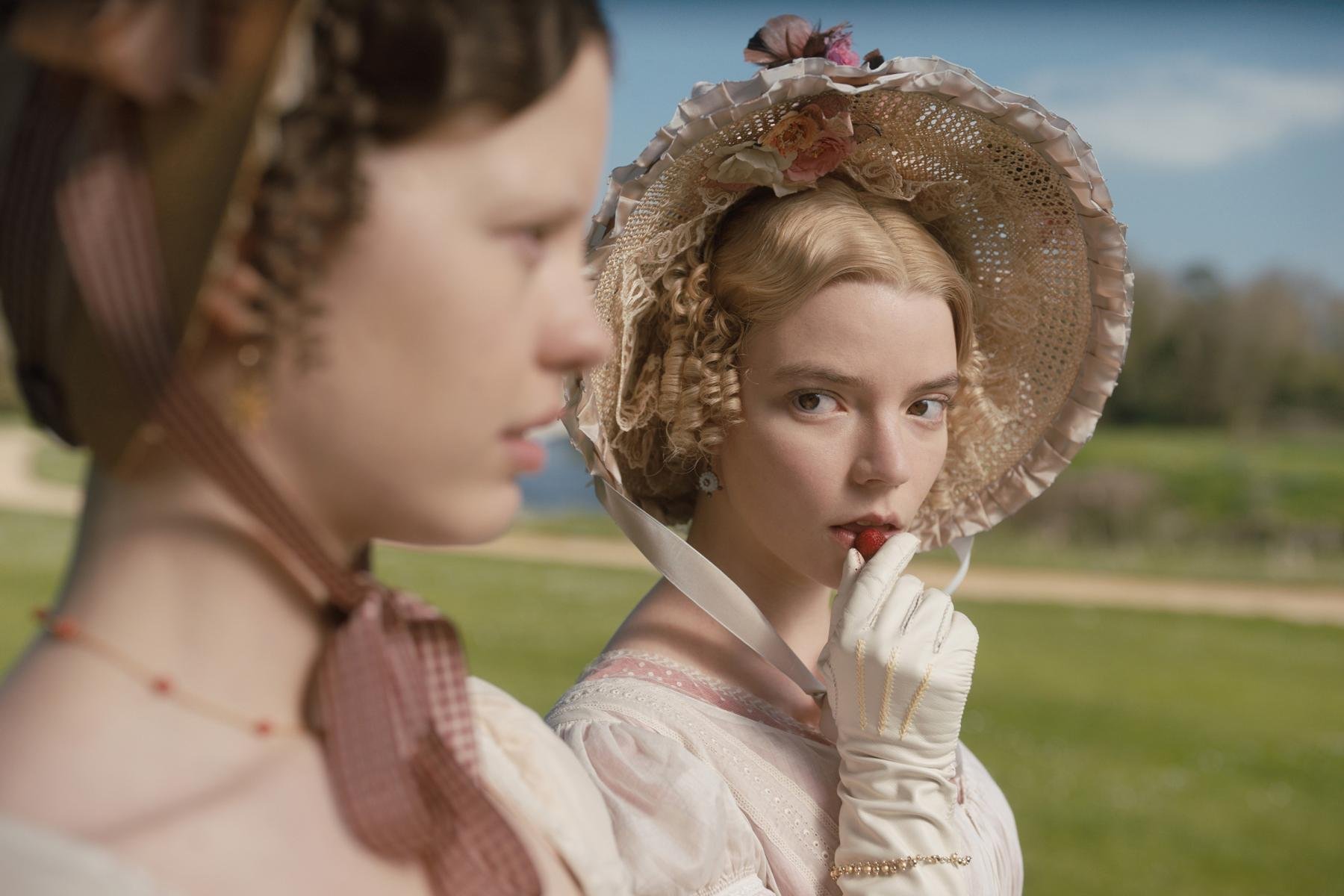Articles.


Watching Books: Emma
Get ready to fall in love with Jane Austen all over again with the delightful and charming film adaptation of Emma.


Watching a classic…

Get ready to fall in love with Jane Austen all over again with the delightful and charming film adaptation of Emma.

Reviewing one of the best films in history…